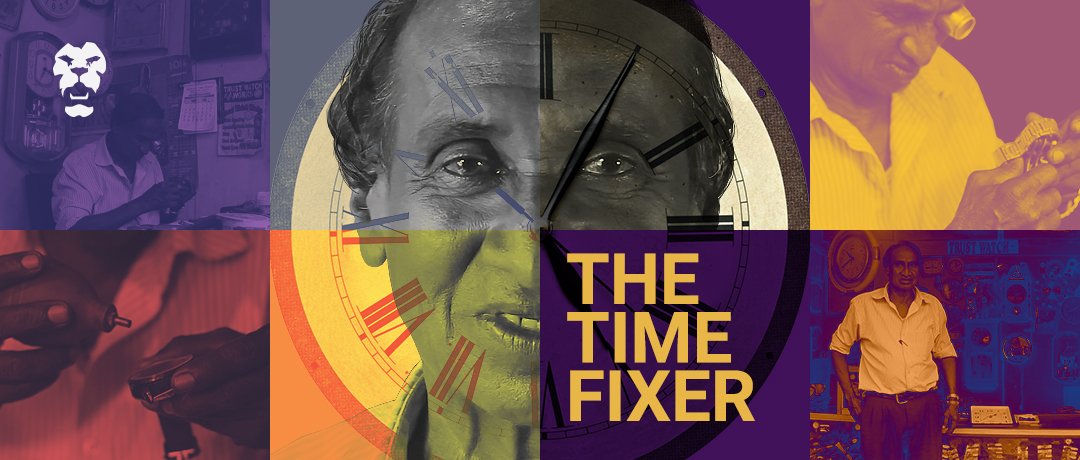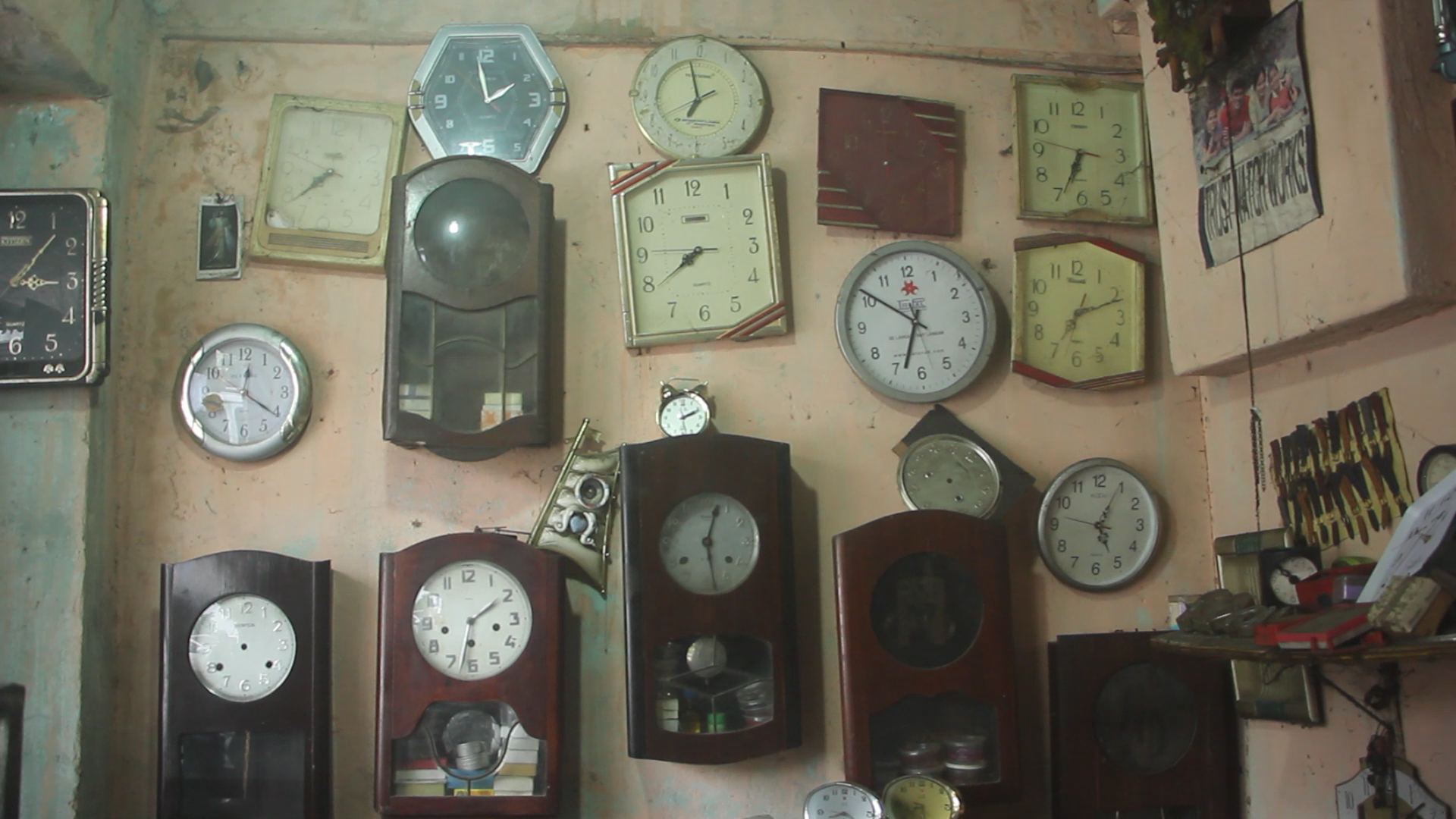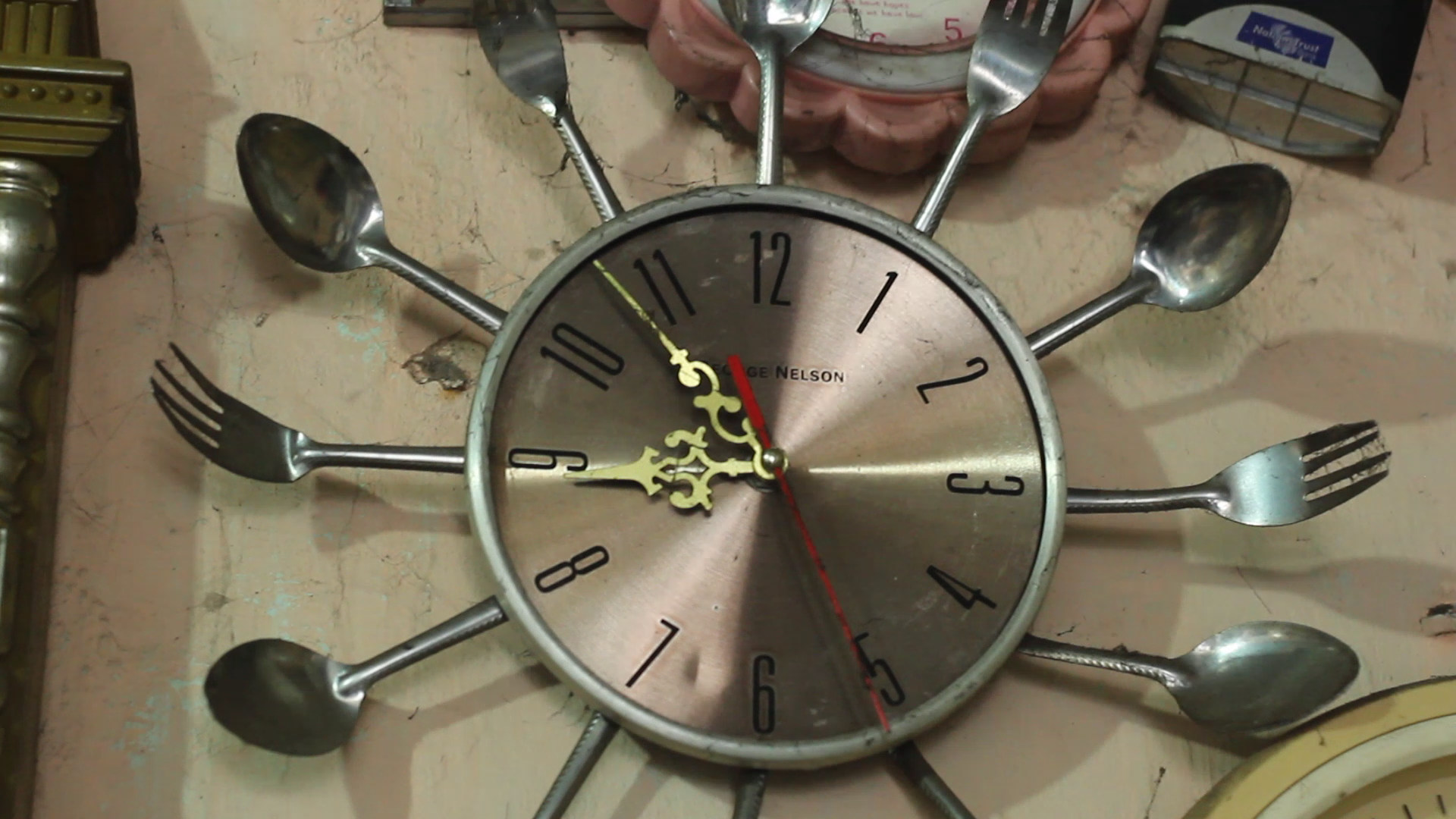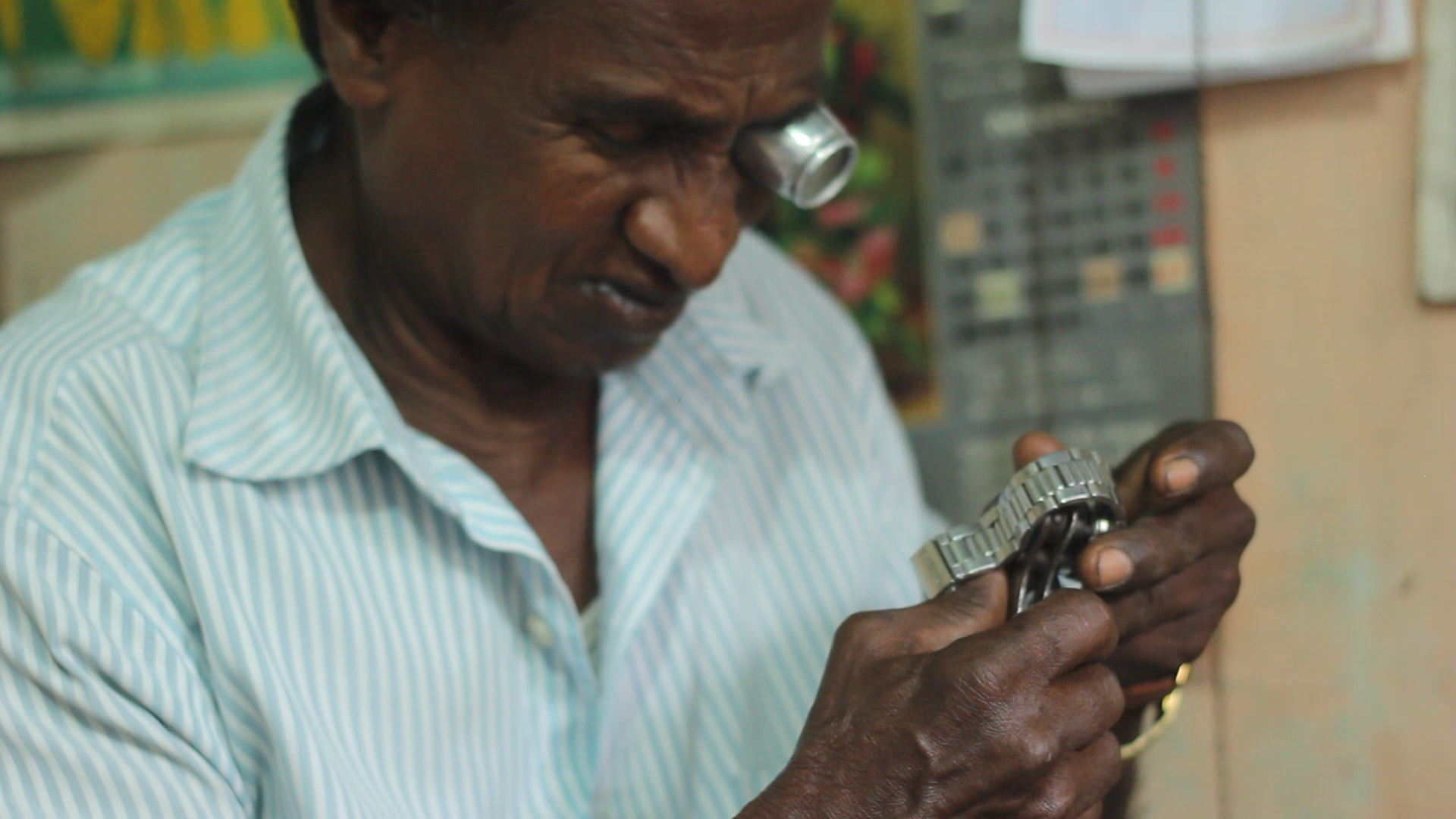
There are little shops in Fort and Pettah in Colombo which often go unnoticed, for most of these shops are hidden between much larger and newer establishments.Trust Watch Works on Sri Baron Jayathilake Mawatha in Fort, is one such place. The shop is run by Lenus Peiris, and he has made a living for himself and his family over the past ten years by making, selling, and repairing antique and modern clocks and watches.
“I first worked at Wimaladharma and Sons, and then later on, after working at two other clock and watch making companies, I decided to open up a shop of my own,” Peiris told Roar Media.
“In my youth I was a musician. I played the guitar and sang with a group,” Peiris said. “But being a musician isn’t a reliable source of income—we would only get paid depending on the events and functions we played at. Which is why I decided to take up a full time job.”
This is how Peiris began his endeavour on Sir Baron Jayathilake Mawatha. While his son runs a communications centre close to their home in Hekitta, Wattala, this little clock and watch shop remains the main source of income for the family.
“I pay Rs.10,000 each month as rent for my shop. I collect my daily earnings in a small till and somehow collect this amount at the end of each month for the rent,” Peiris said. “It’s sometimes difficult, because there are days when I don’t get business at all, yet somehow I manage to support my family with whatever little money I can earn.” he added.
He has a few regular customers—including a few ministers. On occasion, tourists would pay him a visit to have a watch repaired, or just to have chat with him and take a few photos and videos of him and his shop. These past few days, Peiris has had quite few customers and since he works by himself, he has been quite occupied with minor repair work.

Yet in this day and age people are less inclined to purchase a clock or watch when they can look at their mobile or other electronic device to check the time. This means that over the years the number of customers to Peiris’ shop has slowly reduced.
“Most of my customers now are people who live outside of Colombo. I don’t get that many customers from Colombo like I did maybe a few years ago” added Peiris.
Noted clock and watch manufacturing companies in Colombo—like Wimaladharma and Sons and W.A. De Silva—have set up multiple branches across Colombo, but some of the much smaller businesses like K. Don Willie and Sons in Bambalapitiya have been less fortunate. This shop—after being in business since the year 1941—had to close down last year due to failing business. But Peiris remains hopeful.
“I hope that I can keep running this business for as long as I can,” he said. “But a few years ago I did get an opportunity to repair and make watches and clocks for a hotel. Right now my earnings are enough for me and my family, but [in the future] if my business doesn’t bring in enough profits and I get a better job opportunity, then I will take it up.”
Ironically, another major challenge that Peiris has to face is time itself. Specifically, the time he must spend looking for and purchasing watch batteries and other mechanical parts he needs, and time that he must spend on these repairs. The work that Peiris does, does tend to take up quite a lot of time.
Using a device called a watch glass—which is similar to a magnifying glass—Peiris carefully attends to his repairing work. Peiris doesn’t limit himself to making or repairing one particular type of clock either.

However, mechanical clocks are Peiris’ speciality and the walls of his shop display the clocks which he has finished working on—and even those which he has made from scratch. He takes orders from customers who want to make their own custom designed clocks. One of the clocks which decorate the inside of his shop is a wall clock made from old forks and spoons.
“I decided that I should have an item made by own hand on display in my shop, so that I could show customers if they were interested in getting a clock made,” he said. “When they come to me and tell me that they want a clock made—sometimes for a special occasion—I ask them what kind of material they want the clock made from, and work with them to draw a simple design and structure.”
He works with different material to design his clocks—usually materials like wood, metal, and fibreglass. He visits the shops of Pettah and Fort to purchase the inner parts for his clocks and the material needed for their exteriors.
When it comes to his custom made clocks or repair work, Peiris doesn’t limit himself. While the clock made with a border of old forks and spoons has a unique and modern appearance, he also knows how to make old-fashioned cuckoo clocks—which he says he can make in roughly about a day.
“The cuckoo clocks have have a weight inside of them and every half hour the weight falls down and the little cuckoo appears outside [of the clock] to let people know what time it is,” Peiris added. “There are chiming clocks too, which have a special mechanism that allows these clocks to make a chiming sound every fifteen minutes.”

In spite of the possibility that this trade might not generate much business in future, Peiris has also taken the time and effort to train young people, by sharing his knowledge with them and letting them assist him, before they are ready to take on jobs themselves. He believes that it is important to be helpful and give everyone a chance to make a living for themselves.
“If people come to me with an interest in this trade, I take time to train them for about six months. After that, I try to find them a job at one of the places I worked at before—like Wimaladharma and Sons,” said Peiris. “I am still in contact with the people I worked for and they are always willing to assist me in this manner,” he added.
Cover Image: Peiris at work repairing a mechanical watch. Image credit Roar Media/Sarala Rukshitha







